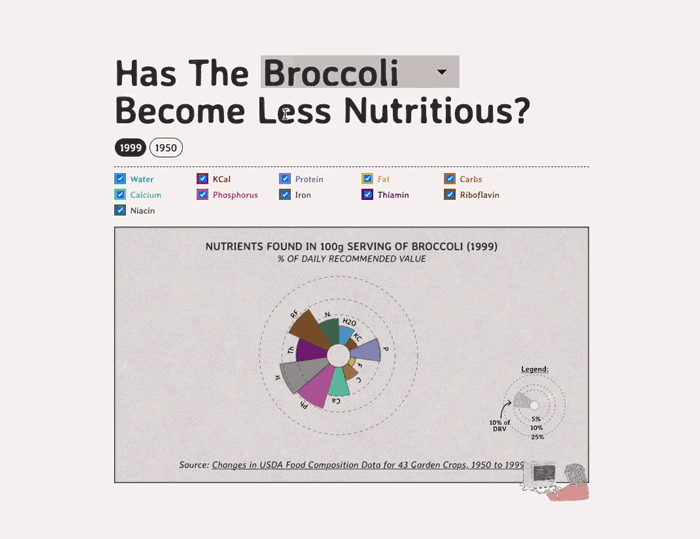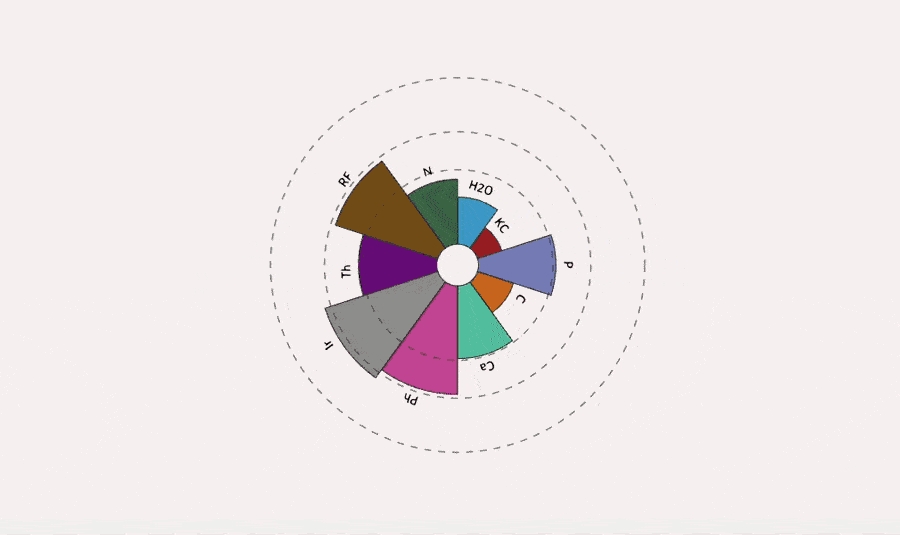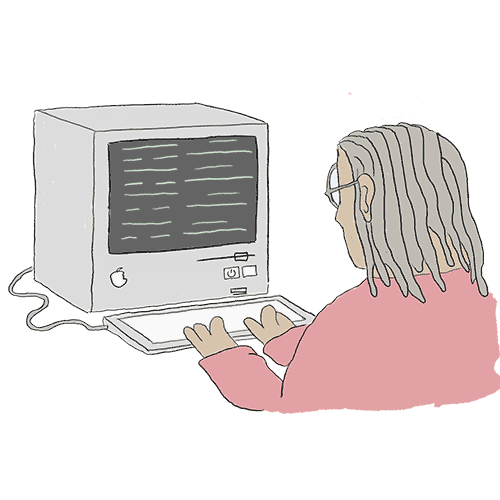Healthy Foods Are Becoming Less Healthy


Gourmet Data is a blog where a data journalist breaks down questions. Subscribe either here on Ghost or on Substack.
43 garden crops were evaluated by Donald Davis and UT Davis, and apparently, there were statistically reliable declines for 6 nutrients; protein, calcium, phosphorus, iron, riboflavin and ascorbic acid). Declines in the medians range from 6% for protein to 38% for riboflavin.
Naturally, I wanted to graph this, and I created a tool to visualize the effect a bit. I'm quite into the concept of semasiography, or the concept of communicating information without speech, and relying more on symbols; luckily, I think this graph type scratches that particular itch really well.
Nutrition is imprecise, so I went off my personal stats to determine the DRV percentages; the largest circle is 25% of DRV for any one category. Note that everyone's stats may be different.
Anyway, here's the tool.
Has The Become Less Nutritious?
Food is one of the biggest expenditures of today. It varies from location to location, but it takes about 11% of all consumer spending in the US.
NUTRIENTS FOUND IN 100g SERVING OF BROCCOLI (1999)
% OF DAILY RECOMMENDED VALUEThis phenomenon was described and confirmed by the research paper 'Changes in USDA Food Composition Data, 1950 to 1999' (page 673). Shout out to Donald Davis from UT Davis.
Other Thoughts
At the time of this research, it was 1999, so I can only assume our food has gotten less nutritious since then.
The nutritional changes is not only related to garden crops; there have also been recorded decreases in mineral density in wheat. Eventually, I plan on building out the graph to include more types of food.
There are many theories of how and why our food is becoming less nutritious. A leading theory is that, prompted by WW2 food shortages, the world leaned into high-yield varieties of crops, as long as possibly toxic pesticides and fertilizers. Many people refer to this as the Green Revolution, or third Agricultural Revolution, and its marked by farmers incorporating new technologies such as high-yielding varieties of cereals, and the widespread use of chemical fertilizers, pesticides, and controlled irrigation.
Last thing I'll say is I've been told all my life that a balanced diet probably covers enough of my vitamins and minerals for me not to have to take a multivitamin. Now, I think I'll second-guess that advice, cuz it might be outdated.
